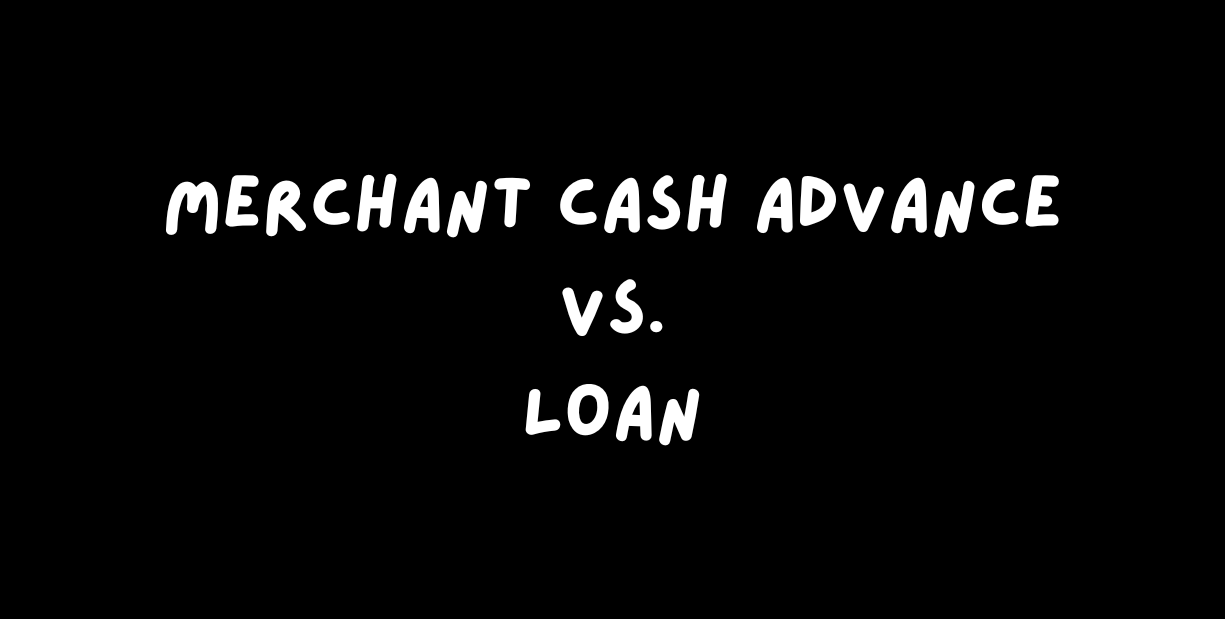What are the main reasons People File For Bankruptcy
What Are the Main Reasons People File for Bankruptcy?
While bankruptcy allows you to discharge most of your debts — there are a few exceptions — it can have consequences for your credit score and ability to borrow in the shorter term. Therefore, it is important to understand the process and potential drawbacks before you file.
Details of Bankruptcy in New York.
You file bankruptcy in the federal court in your area. All bankruptcy cases are handled in federal courts, so the rules are similar regardless of your location.
You can file for bankruptcy without a lawyer, but the potential consequences and delays make it advisable to retain legal counsel during the process. At the very least, an attorney can make you aware of your rights and prepare you for the process.
The most common form of bankruptcy, Chapter 7, stays on your credit record for 10 years. So though it provides a solution to overwhelming debt, it will have a significant impact on your ability to borrow.
When and Why to Declare Bankruptcy
If you are falling behind on your mortgage, have other significant unsecured debts, and are about to face foreclosure, filing for bankruptcy can be a solution to help you avoid the full impact of defaulting on your debts.Filing for bankruptcy can limit or eliminate monthly payments and even save your home from foreclosure or liquidation.
Here are some of the situations when filing for bankruptcy can be a good idea.
- If you are unable to make mortgage payments or if your debt payments exceed your monthly income or your income after you have purchased necessities for the month.
- If a mortgage company threatens foreclosure on your home.
- If you have excessive unsecured loans, such as credit card debt or personal loans.
- If you need to take out additional loans to meet your financial obligations.
Why would you want to declare bankruptcy?
- It immediately stops creditors from trying to collect from you.
- It may allow you to keep some assets, such as your residential home, vehicle, and work equipment.
- It will give you a fresh start and allow you to begin building a positive credit history.
The process of bankruptcy is relatively straightforward. However, you need to be prepared to take specific steps, such as handing your property over for liquidation and meeting your creditors.
What Happens After Filing for Bankruptcy?
Here are the steps you can expect once you file the necessary documents with the federal bankruptcy court.- A trustee is assigned to your case to oversee the liquidation of your assets or the repayment of debts. The court will select the trustee, so you have no say in who gets appointed.
- You get an automatic stay. This is a legal order that stops all creditors from collecting money from you during bankruptcy. It will prevent calls, emails, or visits from collections agents.
- The trustee schedules a meeting of creditors. All the lenders to whom you owe money are notified of the meeting and are able to attend. Some creditors will come, and some will not. The goal of this hearing is to establish your assets and all debts.
- During the meeting, you have to testify under oath, so you need to be truthful about debts and assets. Failure to be honest can negate the protections of bankruptcy. Creditors or their legal representatives can ask questions and look over documents during the meeting. They may be looking for a reason to contest the filing, but most often they are looking for evidence that can help them get a full share of the proceeds from the liquidation of your assets.
- The trustee will order you to attend a financial management course. The judge cannot grant debt discharge until they see evidence of completion of such a course. Therefore, it is best to handle this requirement early in the bankruptcy process.
- A trustee will sell your non-exempt assets. Then, they will distribute the proceeds to your lenders according to a priority established after the meeting of creditors. Non-exempt assets are any possessions not needed for basic living.
- The judge discharges your debts. After your creditors get paid, the judge will discharge your debts. Your creditors can no longer pursue you for any discharged debts.
Bankruptcy does not cover debts related to child support, alimony, or back taxes.
You can expect the entire process from first filing for bankruptcy until final discharge typically takes four to six months.
Chapter 7 Bankruptcy
Chapter 7, also known as liquidation bankruptcy, is the most common form of bankruptcy for individuals and families. This type of bankruptcy allows debtors to start afresh, free of debt, after liquidation. Other types of bankruptcy, such as Chapters 11 and 13, require repayment under an alternative plan.The obvious disadvantage of Chapter 7 is that you lose your possessions and assets, though you are allowed to keep certain necessities. This may include being able to keep your home.
Another advantage is that creditors cannot pursue you for additional payments once the debts are discharged. For this reason, most individuals prefer Chapter 7 to other forms of bankruptcy.
When Do You Need a Lawyer for Bankruptcy Cases in New York?
First of all, a bankruptcy attorney can help you decide if Chapter 7 is the best option or if you would be better off filing for a different form of bankruptcy that doesn't require liquidation of assets.An attorney can also help you prepare for the different steps and ensure your rights get respected throughout the process.
Creditors can contest some of the details of the bankruptcy or the entire filing. In these cases, you will need a lawyer to argue your case or negotiate with the creditors to find a solution to the contested debts. If you are facing bankruptcy, reach out to our attorneys today.











